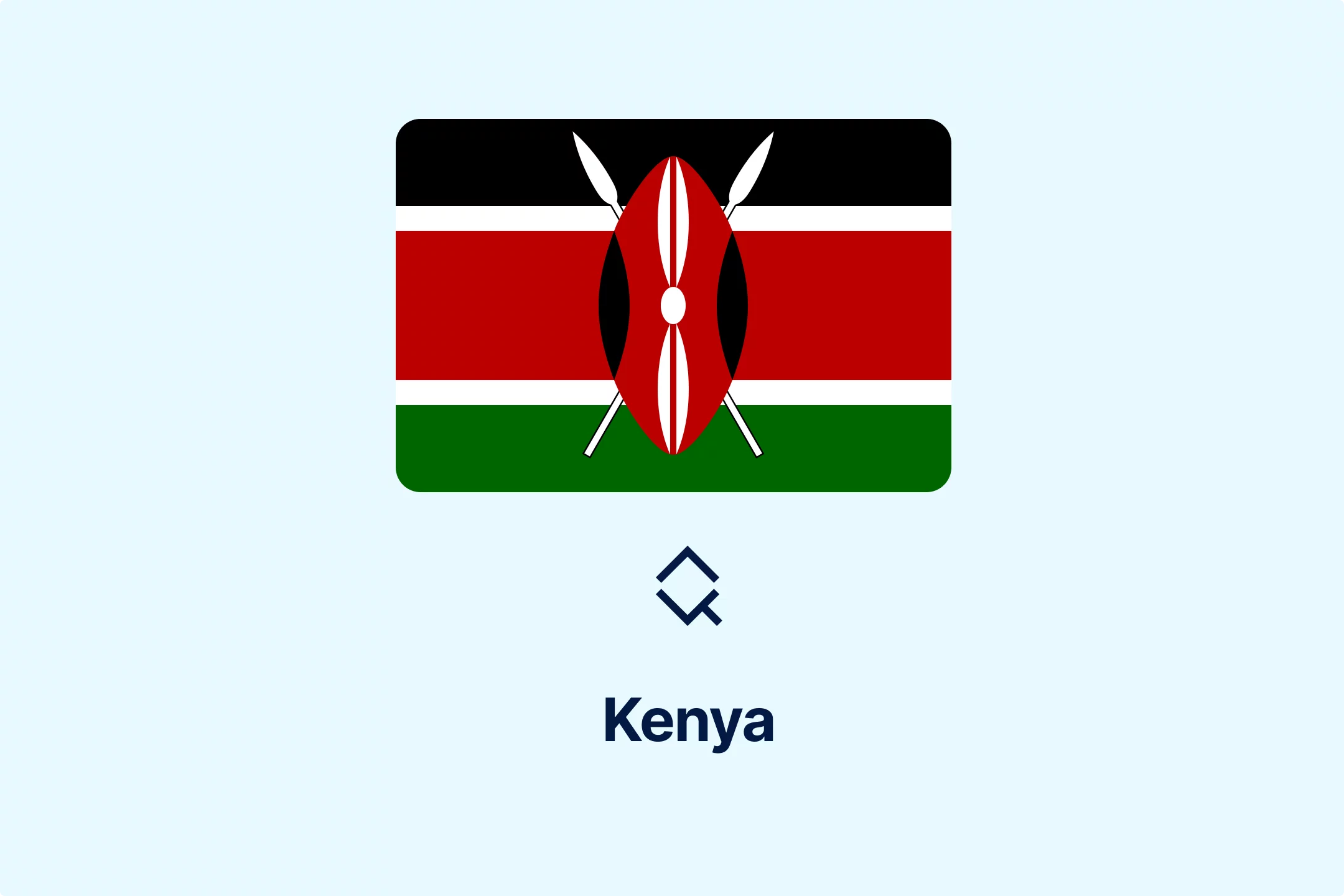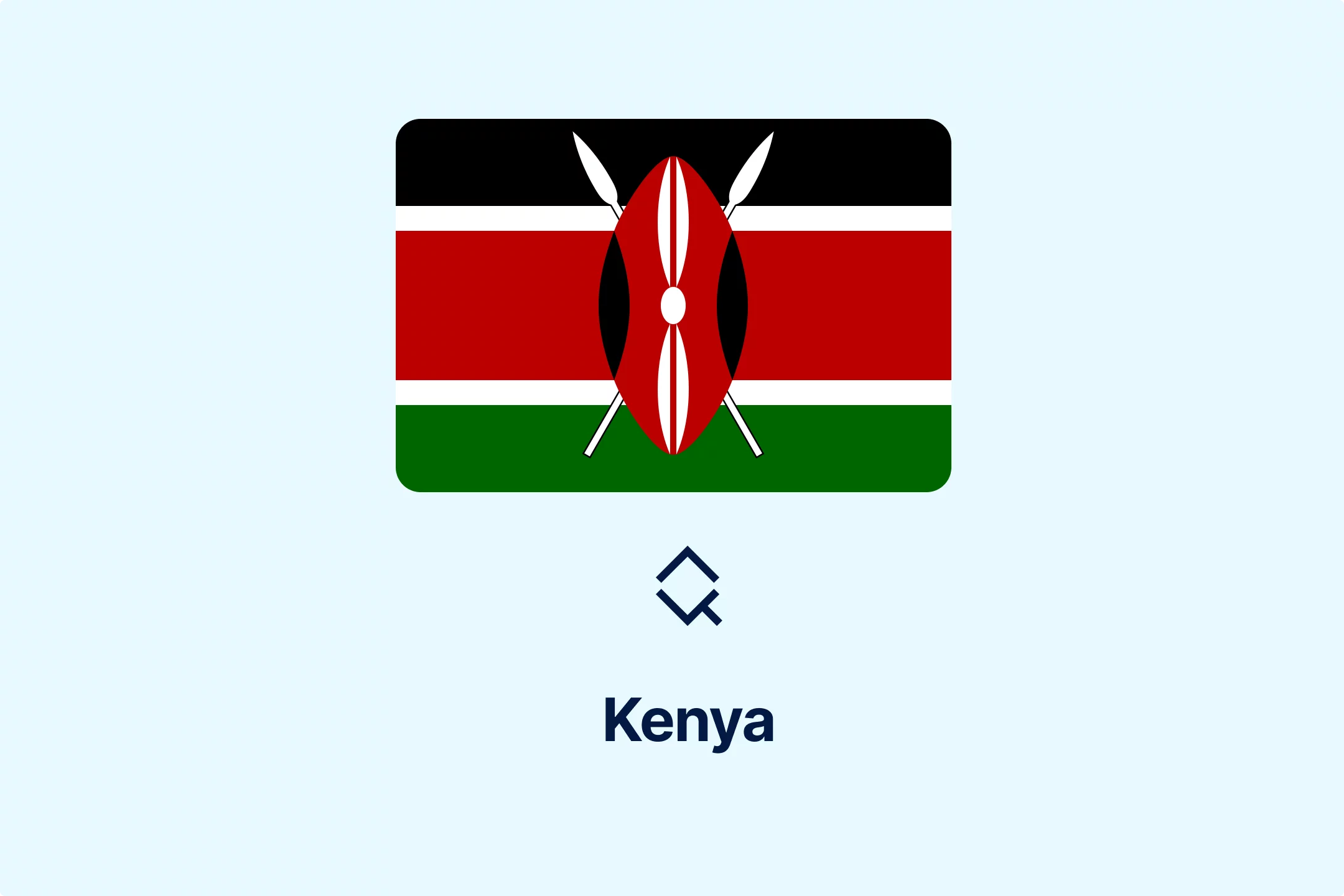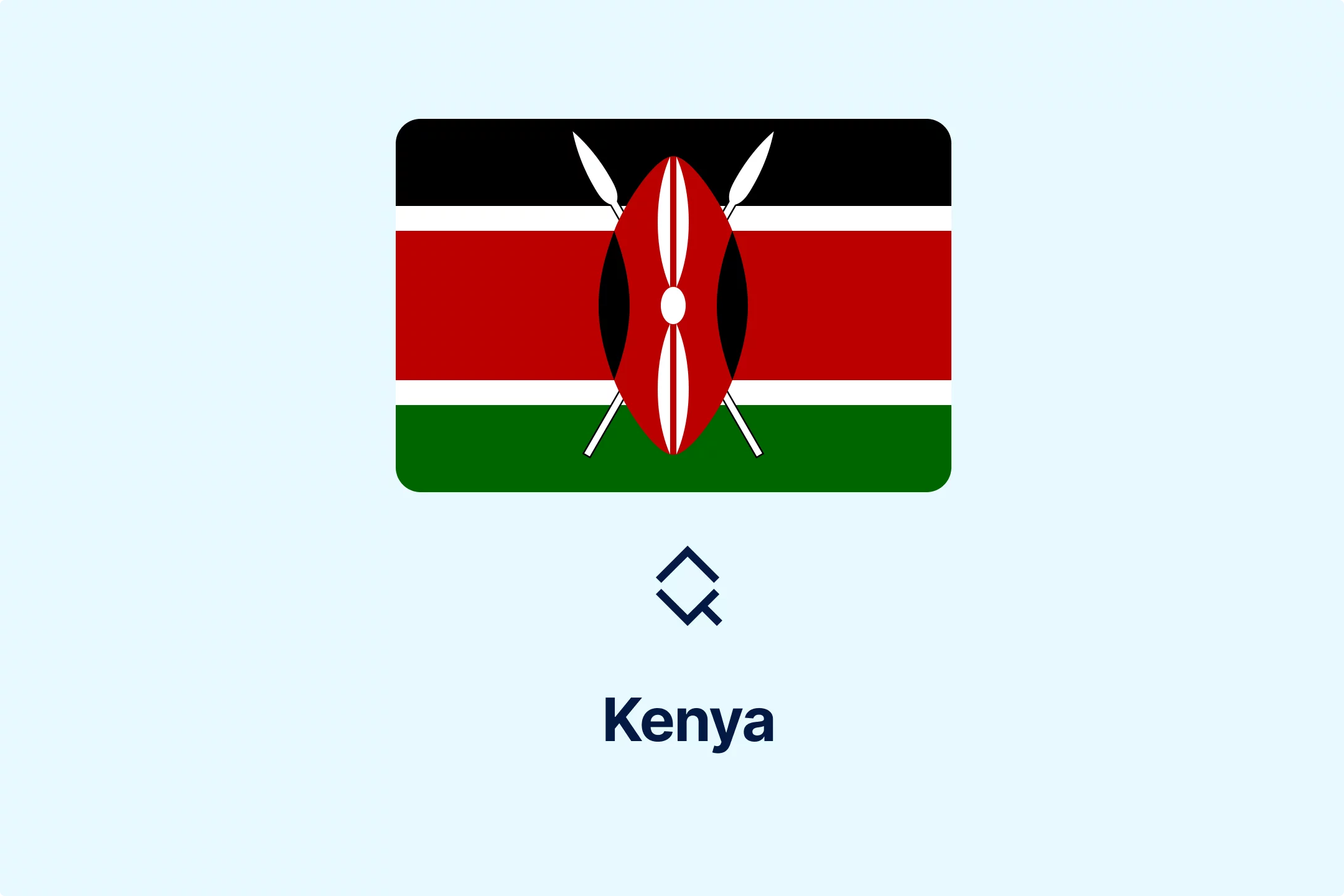Kenya’s SEP Tax: Key Details, Impact, and Global Digital Tax Trends

On December 11, 2024, Kenya’s President officially signed the Tax Laws (Amendment) Bill, 2024 into law. As per Article 116 of the Constitution of Kenya, the Act was gazetted on December 13, 2024, and will come into force on December 27, 2024.
Key Focus: The Significant Economic Presence (SEP) Tax
One of the major reforms introduced in the Act is the Significant Economic Presence (SEP) tax, which targets non-resident businesses generating income in Kenya through digital platforms. The SEP tax seeks to ensure that these companies contribute their fair share to Kenya’s tax revenue.
Key Details of the SEP Tax
The SEP tax is structured as follows:
Tax Rate: The effective rate is set at 3% of gross turnover, derived from a deemed taxable profit of 10% of total turnover.
Payment Deadline: Non-resident businesses are required to remit the tax by the 20th day of the month following the month in which the income was earned.
This reform replaces the existing Digital Services Tax (DST), which was levied at a rate of 1.5% on a broad range of digital services.
Digital Services Previously Covered Under DST
The now-repealed DST applied to the following categories:
Downloadable digital products (e-books, apps, films)
Streaming services (music, video)
Monetized data involving Kenyan users
Subscription-based media (news, magazines)
Cloud-based services (storage, data management)
Online ticketing and search engine services
Digital education and training platforms
Exceptions to the SEP Tax
The SEP tax will not apply to:
Non-resident entities operating through a Permanent Establishment (PE) in Kenya.
Income earned by non-residents from specified telecommunication services or digital services offered to airlines where the Kenyan government holds at least 45% ownership.
Non-resident businesses with an annual turnover below KES 5 million.
The SEP Tax and the Global Shift Towards Digital Taxation
The introduction of the SEP tax highlights Kenya’s efforts to address taxation challenges posed by the rapidly growing digital economy. Traditionally, tax systems relied on the concept of Permanent Establishment (PE), which grants taxing rights based on a company’s physical presence within a jurisdiction.
The Limitations of Traditional Tax Systems
Under the OECD Model Tax Convention, a PE is defined as a fixed place of business, such as offices, factories, or branches. However, with the advent of digital business models, multinational companies can generate substantial revenue from jurisdictions without maintaining any physical presence. This has necessitated a shift in taxation approaches.
The OECD and Global Efforts to Address Digital Taxation
The OECD Base Erosion and Profit Shifting (BEPS) Action 1 Report identified the challenges of taxing cross-border digital activities as a priority issue. In response, global tax bodies proposed the SEP concept, which allows jurisdictions to tax non-resident entities that demonstrate sustained economic interaction with their economies through digital means.
To further address these challenges, the OECD introduced Pillar One, a framework aimed at reallocating taxing rights to the countries where a company’s users or customers are located. However, due to the lack of a global consensus on Pillar One, many countries have opted for unilateral measures like DST and SEP taxes.
Global Examples of SEP Tax Adoption
Several countries have adopted similar frameworks to ensure fair taxation of digital multinationals:
India: Pioneered the Equalization Levy in 2016, later expanding it into a broader SEP framework in 2022. This includes withholding taxes on e-commerce income and digital platforms.
Nigeria: Introduced its SEP regime in 2020, imposing taxes on non-resident businesses earning over NGN 25 million annually from streaming, data transmission, and intermediary platforms.
Colombia: Implemented SEP rules in 2024, allowing foreign businesses to choose between a 10% withholding tax or a 3% gross income tax.
These examples underscore a global trend toward taxing non-resident digital businesses and ensuring equitable contributions to local tax systems.
Conclusion, Implementation and Next Steps
As the SEP tax takes effect on December 27, 2024, the Cabinet Secretary for Finance is expected to issue detailed regulations to guide implementation. These regulations will provide clarity on:
Tax registration and compliance processes
Reporting requirements for non-resident businesses
Penalties for non-compliance
By aligning domestic tax policies with emerging global trends, the SEP tax ensures that digital multinationals contribute fairly to Kenya’s tax base. While challenges remain regarding its integration with DTAs, this reform marks a significant step toward modernizing Kenya’s tax system to match the realities of the digital age.

Featured Insights

Burkina Faso FEC E-Invoicing Mandatory July 2026
🕝 February 24, 2026More News from Kenya
Get real-time updates and developments from around the world, keeping you informed and prepared.
-e9lcpxl5nq.webp)









-1lfl8tbv0h.webp)




.png)
